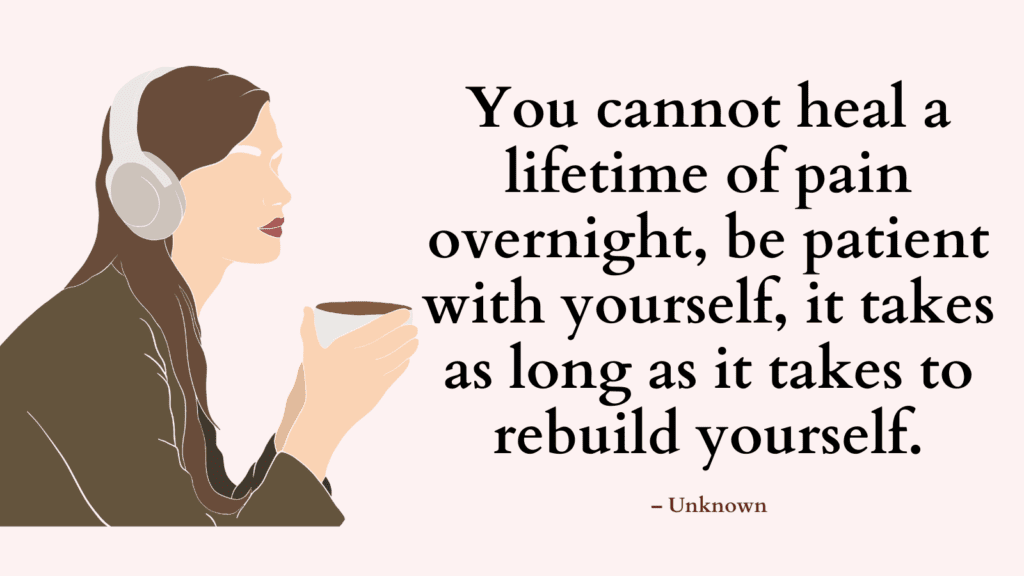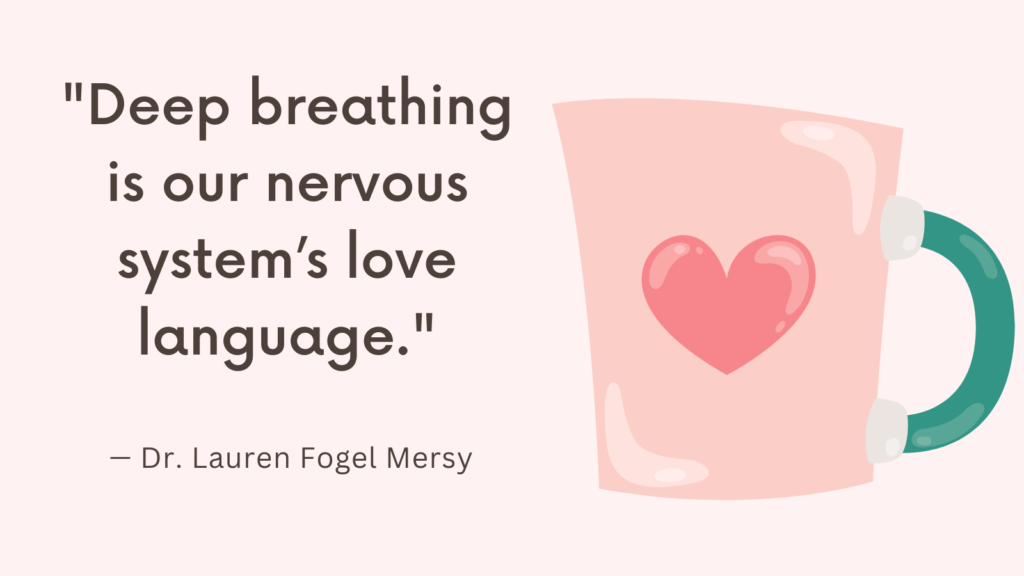Who Is The Narcissist?
In psychology, narcissism can either be a personality trait – one that is obnoxious yet common – or a rare mental health disorder.
Narcissism As A Mental Health Disorder
The Diagnostic and Statistical Manual of Mental Disorders, Fifth Edition, Text Revision (DSM-5-TR) describes NPD as “A pervasive pattern of grandiosity (in fantasy or behavior), need for admiration, and lack of empathy, beginning by early adulthood and present in a variety of contexts, as indicated by five (or more) of the following”:
1. Has a grandiose sense of self-importance (e.g., exaggerates achievements and talents, expects to be recognized as superior without commensurate achievements).
2. Is preoccupied with fantasies of unlimited success, power, brilliance, beauty, or ideal love.
3. Believes that he or she is “special” and unique and can only be understood by, or should associate with, other special or high-status people (or institutions).
4. Requires excessive admiration.
5. Has a sense of entitlement (i.e., unreasonable expectations of especially favorable treatment or automatic compliance with his or her expectations).
6. Is interpersonally exploitative (i.e., takes advantage of others to achieve his or her own ends).
7. Lacks empathy: is unwilling to recognize or identify with the feelings and needs of others.
8. Is often envious of others or believes that others are envious of him or her.
9. Shows arrogant, haughty behaviors or attitudes.”
Note: Only a licensed professional in the field of mental health can make a diagnosis of any personality disorder, including NPD.
Diagnosing Narcissistic Personality Disorder
The diagnosis of NPD is rarely given by professionals and fewer people with NPD enter therapy than other groups.
This is mainly because people with NPD function very well in the world using their false self and cannot bear being seen as inferior or inadequate.
Narcissism As A Personality Trait
When diagnostic criteria for NPD are not satisfied, narcissism can be a personality trait.
Narcissism can be described as a lack of empathy and self-absorption.
Because of their lack of empathy and self-absorption, people with narcissistic traits can be toxic and even abusive.
Related: How To Set Boundaries With Narcissistic Parents?
Narcissistic Supply
Narcissists have an insatiable need for attention and admiration from others.
This attention is often referred to as Narcissistic Supply. It’s often described as being like a drug for a narcissist. This is why narcissists will do everything to make sure they have their narcissistic supply.
As the daughter of a narcissistic mother, you may have been her narcissistic supply.
Related: Take The Echoist Quiz (The Opposite Of A Narcissist)
Is My Mother A Narcissist Quiz
The following questions represent common signs your mother might be a narcissist.
Results
#1. Does she seem like she’s living through you or through one your siblings (e.g., setting expectation not for the benefit of her children, but for the fulfillment of her own needs and dreams)?
#2. Does she often put you down so that she remains superior (e.g., rejecting your accomplishments and success, making unfavorable comparisons, etc.)?
#3. Does she often use control and manipulation techniques, such as guilt-tripping, blaming, shaming, negative comparison, etc. to get you to do what she wants?
#4. Does she often seem irritated and easily triggered by the smallest reasons (e.g., perceived faults and shortcomings, being in her presence at the wrong time, lack of attention, etc.)?
#5. Does she seem jealous and possessive (e.g., doesn’t respect your boundaries, rejects your own romantic partners and friends)?
#6. Does she often blame others for her problems and never consider her role in what happens to her, presenting herself as the victim?
#7. Does she seem to have a falsely inflated self-image that is almost exclusively based on superficial and material trappings?
#8. Does she lack empathy (the ability to be mindful of and validate her children’s feelings and thoughts)?
Note: This test is not meant to act as a substitute for proper assessment.
Results
The questions above represent common signs of narcissism. If you answered yes to most of these questions, then your mother might be a narcissist.

How Having A Narcissistic Mother Can Affect Your Mental Health
Being raised by a narcissistic mother can take a severe toll on your mental health and negatively affect every area of your life.
The following are common side effects of growing up with a narcissistic mother:
1. Not Honoring Your Own Needs
Adult children of narcissistic mothers are never taught to consider their own needs and do what’s right for them.
Instead, they’re trained to consider their narcissistic mother’s needs first and foremost.
The idea of listening to their own needs and honoring them fills them with the guilt of being selfish and shame because they don’t feel worthy enough to have or meet their own needs.
2. Internalized Gaslighting
Gaslighting is a form of psychological manipulation that aims to make the victim question their own judgment, perception, and even memory.
For example, your narcissistic mother may deny incidents from the past by saying, “That never happened,” or, “You’re remembering things incorrectly.”
Adult children of narcissistic mothers may grow up doubting their judgment or downplaying their talents and skills. Some people may struggle with imposter syndrome.
3. Feelings of Guilt
Being controlled and manipulated by a narcissistic mother can fill you with feelings of guilt when attempting to leave her or even set a boundary with her.
4. Chronic Self-Blame
A narcissistic mother rarely if ever takes responsibility for her own faults and shortcomings. She may even blame others for her own problems.
Many adult children of narcissistic mothers were the scapegoat bearing the blame of their mothers and many internalize the blame and continue to blame themselves even for things they have no control over.
5. Struggling to Take Up Space
Narcissistic mothers often explode into anger or burst into tears without much warning.
This makes adult children of narcissistic mothers feel like walking on eggshells trying to avoid triggering one of these emotional outbursts, by taking up as little space as possible.
This holds them back from expressing themselves, sharing their thoughts, or risking getting any attention in general.
Related: Undermothered: How to Mother Yourself Using These Practical 10 Strategies?
6. Insecure Attachment
Unhealthy parenting often causes children to develop an insecure attachment style.
Some children become avoidant, and fiercely independent, while others become anxious, codependent, clinging to their mothers for love.

References
- 7 Signs of a Narcissistic Mother & How to Cope (choosingtherapy.com)
- Narcissistic Mothers: The Effects on Their Daughters and How to Heal (psychcentral.com)
- Narcissistic Mother: 12 Signs & Effects On Children (mindbodygreen.com)
- Healing the next generation: an adaptive agent model for the effects of parental narcissism – PMC (nih.gov)
- Narcissistic parent – Wikipedia
- Narcissism Driven by Insecurity, Not Grandiose Sense of Self, New Psychology Research Shows (nyu.edu)
- What New Research Is Telling Us About Narcissism | Psychology Today
- You Probably Think this Paper’s About You: Narcissists’ Perceptions of their Personality and Reputation – PMC (nih.gov)







